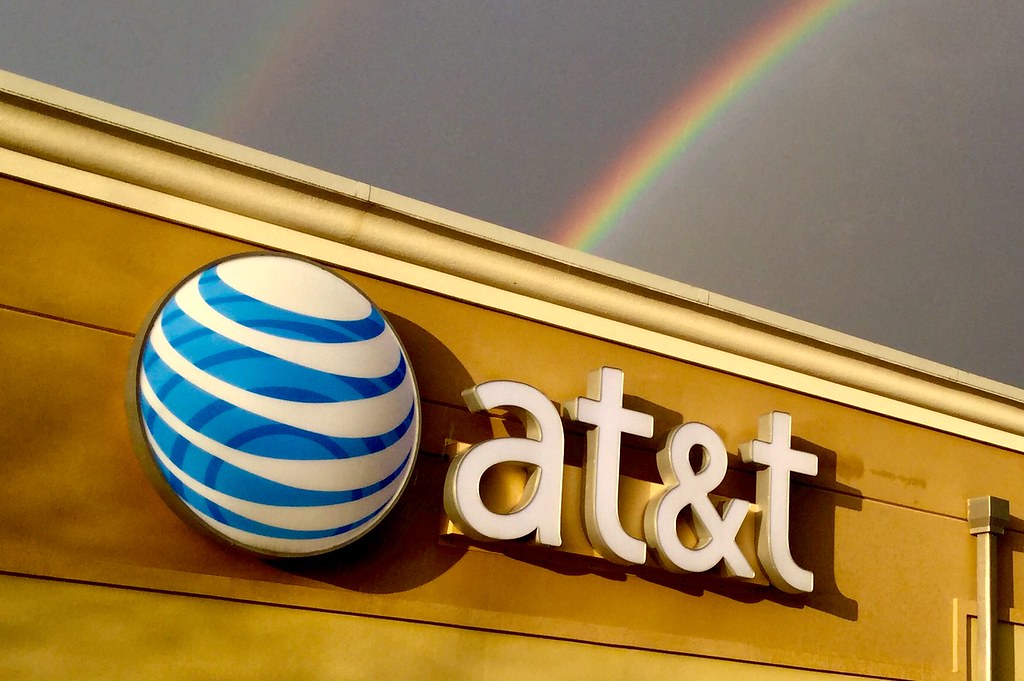AT&T is trying to ease its way out of scrutiny by the Federal Communications Commission over the wireless and TV giant’s $85 billion acquisition of Time Warner.
 Telecom regulators shouldn’t need to analyze the deal because it will be beyond their jurisdiction, AT&T signaled in a filing Thursday to the Securities and Exchange Commission. By potentially eliminating a layer of oversight, the claim could accelerate the merger’s approval in Washington, where federal antitrust officials are also expected to review the proposed purchase.
Telecom regulators shouldn’t need to analyze the deal because it will be beyond their jurisdiction, AT&T signaled in a filing Thursday to the Securities and Exchange Commission. By potentially eliminating a layer of oversight, the claim could accelerate the merger’s approval in Washington, where federal antitrust officials are also expected to review the proposed purchase.
AT&T, which became the nation’s largest pay-TV provider when it acquired DirecTV last year, is gunning for Time Warner’s massive library of content and intellectual property, which it hopes to distribute and sell advertising against. Time Warner owns CNN, HBO and Warner Bros., along with rights to lucrative media franchises such as “Harry Potter” and “Batman.”
To aid in getting shows and movies from their origins to TV screens, Time Warner uses satellite transmissions. The FCC typically has a role in overseeing any merger or acquisition that would transfer control of those airwaves from one company to another. For months, AT&T said it had been looking to see which, if any, of Time Warner’s satellite licenses it would acquire as part of the deal. In its SEC filing Thursday, AT&T said it has concluded that no licenses will be transferred.
“While subject to change, it is currently anticipated that Time Warner will not need to transfer any of its FCC licenses to AT&T in order to continue to conduct its business operations after the closing of the transaction,” the filing said.
If no licenses are changing hands, that could make it unnecessary for the FCC to become involved. That could be bad news for opponents of the deal, because the FCC grants its blessing to deals such as AT&T’s on the finding that it will benefit the public. That’s considered a higher bar to clear compared to what AT&T faces in persuading antitrust regulators, who simply need to be convinced that the acquisition will not harm competition among other businesses.
Full Content: Washington Post
Want more news? Subscribe to CPI’s free daily newsletter for more headlines and updates on antitrust developments around the world.
Featured News
Redfin Settles $9.2M Commission Inflation Lawsuits
May 7, 2024 by
CPI
DOJ Supports Colorado’s Efforts to Block Kroger-Albertsons Merger
May 7, 2024 by
CPI
Japan Considers Regulation of AI Developers
May 7, 2024 by
CPI
European Commission Extends Decision Deadline for Ita-Lufthansa Merger
May 7, 2024 by
CPI
UK, US and Australia Sanction Senior Leader of LockBit Cybercrime Gang
May 7, 2024 by
CPI
Antitrust Mix by CPI
Antitrust Chronicle® – Economics of Criminal Antitrust
Apr 19, 2024 by
CPI
Navigating Economic Expert Work in Criminal Antitrust Litigation
Apr 19, 2024 by
CPI
The Increased Importance of Economics in Cartel Cases
Apr 19, 2024 by
CPI
A Law and Economics Analysis of the Antitrust Treatment of Physician Collective Price Agreements
Apr 19, 2024 by
CPI
Information Exchange In Criminal Antitrust Cases: How Economic Testimony Can Tip The Scales
Apr 19, 2024 by
CPI